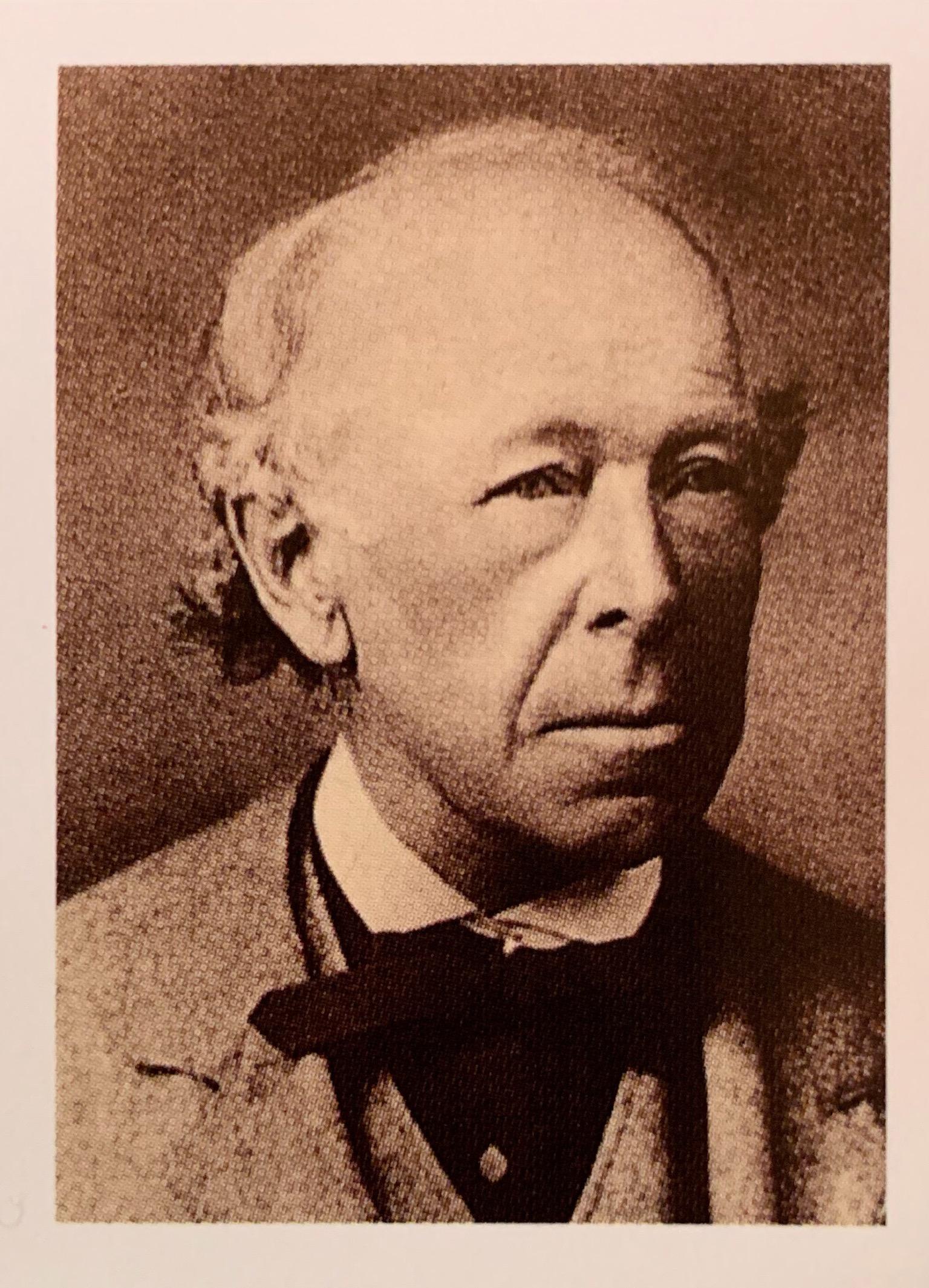“The inability to listen and to attend is”
An Old Man's Thoughts on Many Things, Of Education I
Kontext: The inability to listen and to attend is of course a mental defect; but habit may make the defect so great, that a man's ears may almost lose the faculty of hearing what another man says, and he may be able to hear only the sweet sound of his own voice. Such incapable people are generally great talkers, very tiresome, and bad companions. They cannot be debaters in public assemblies, and can only deliver themselves of their own words.
